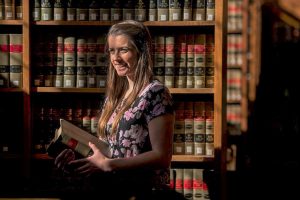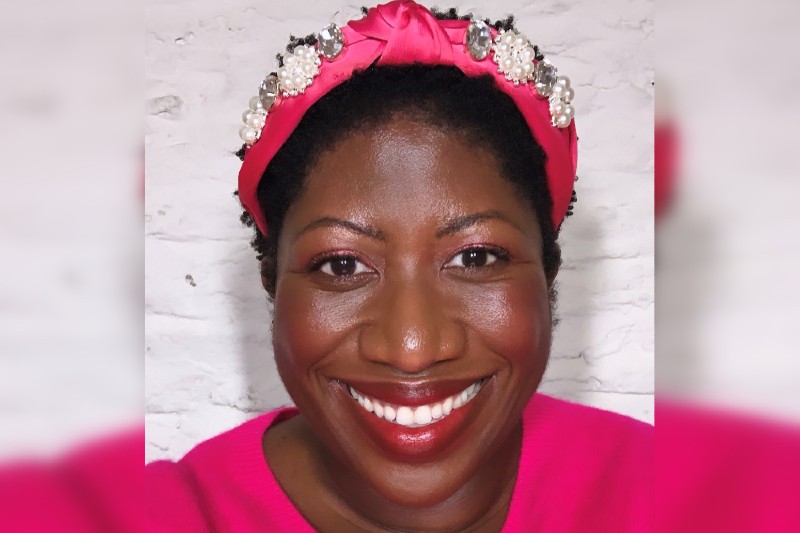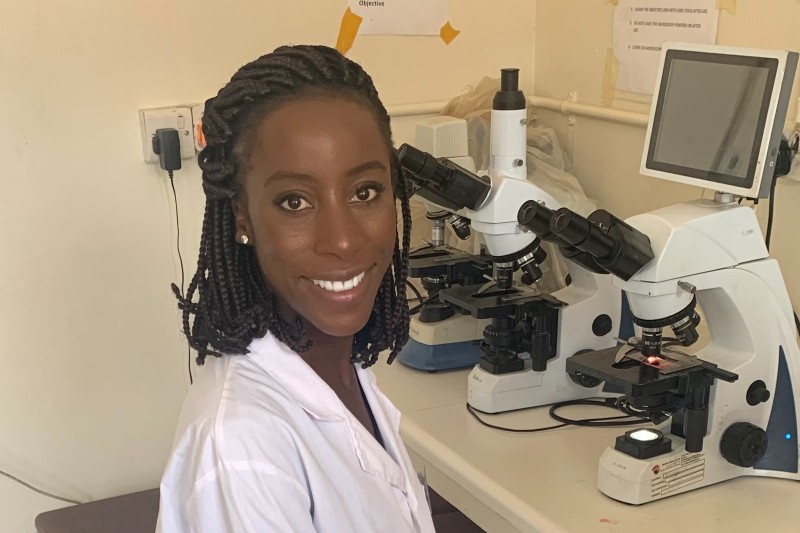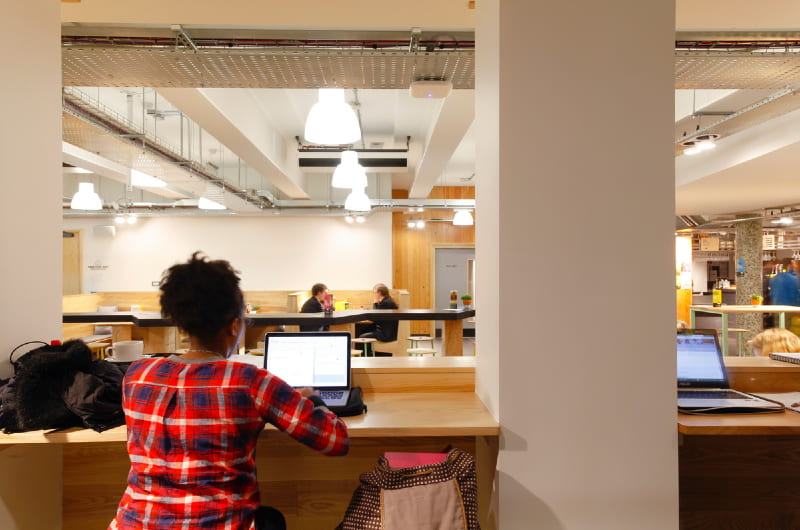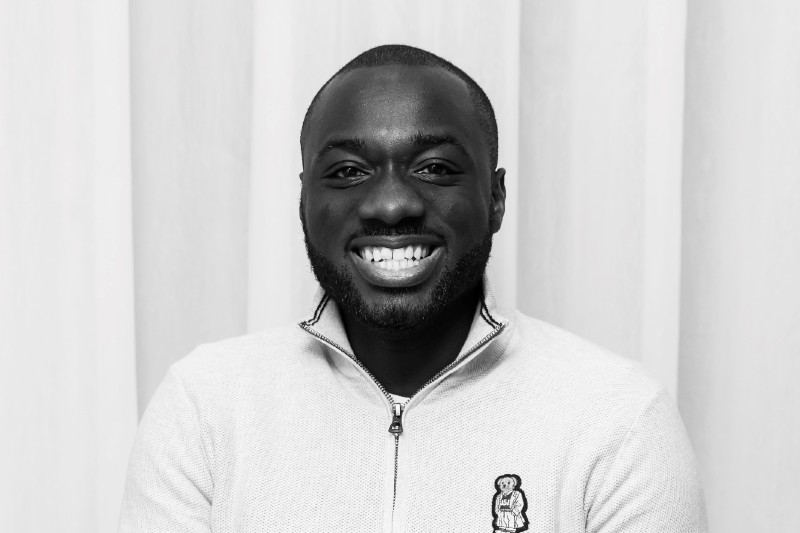
Forty Black Bristol Scholars will start their studies this month, as the University’s newest scholarship programme gets underway.
The University’s Black Bristol Scholarship Programme was launched to address the under-representation of Black students at Bristol and will see scores of students given bursaries, postgraduate funding and targeted careers support.
One of the inaugural scholars, David Afikuyomi, who will be studying for an MRes in Economics, said: “I was lost for words when I received the scholarship. This is one of the best things that has happened to me and I’m incredibly grateful.
“The University of Bristol has always supported me since I finished my undergraduate degree six years ago.
“Ultimately, this funding helps my dream to complete a PhD in economics. As one of the first people to receive this scholarship, I hope that I can set an example for others with a similar background to pursue their research aspirations.”
Funding for the first four years of the Programme – totalling more than £1million – comes from the University of Bristol’s generous community of alumni and friends.




